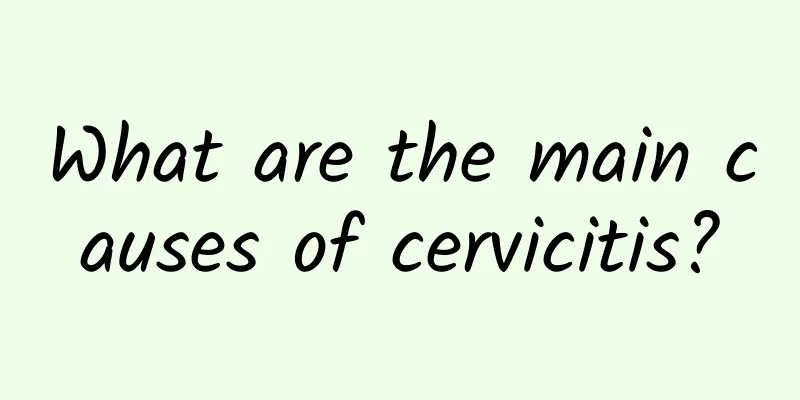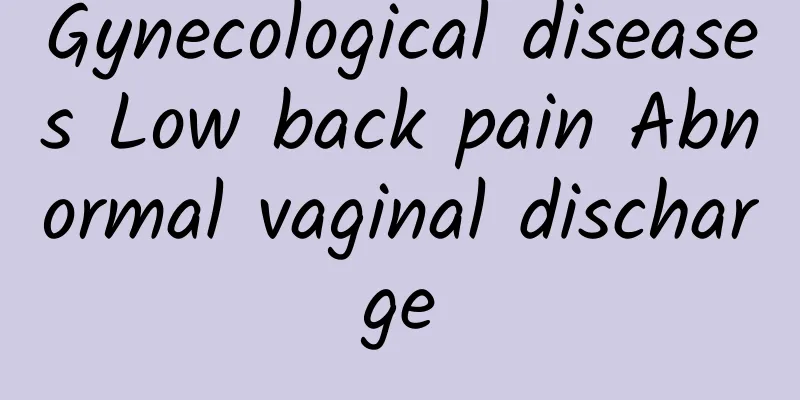What causes adnexitis and what medicine should I take?

|
Adnexitis is usually caused by infection and can be treated with anti-inflammatory drugs, such as antibiotics (such as amoxicillin, levofloxacin, cephalosporins) to relieve symptoms. The specific medication should be determined based on the doctor's diagnosis. The causes of adnexitis include many aspects, the most common of which is infection. Pathogens usually ascend through the reproductive tract to cause inflammation. Common pathogens include Escherichia coli, Streptococcus, Staphylococcus and Gonorrhea. Improper sexual life, poor hygiene conditions or improper postpartum and post-abortion care can easily cause reproductive tract infections. Unhygienic menstruation, frequent artificial abortions, and intrauterine surgery may also lead to adnexitis. Bad living habits such as low immunity, high mental stress, and long periods of sitting can also increase the risk of accessory organ infection. If not treated in time, adnexitis may develop into chronic inflammation, leading to pelvic adhesions, fallopian tube obstruction, and even affecting fertility. The causes of adnexitis include many aspects, the most common of which is infection. Pathogens usually ascend through the reproductive tract to cause inflammation. Common pathogens include Escherichia coli, Streptococcus, Staphylococcus and Gonorrhea. Improper sexual life, poor hygiene conditions or improper postpartum and post-abortion care can easily cause reproductive tract infections. Unhygienic menstruation, frequent artificial abortions, and intrauterine surgery may also lead to adnexitis. Bad living habits such as low immunity, high mental stress, and long periods of sitting can also increase the risk of accessory organ infection. If not treated in time, adnexitis may develop into chronic inflammation, leading to pelvic adhesions, fallopian tube obstruction, and even affecting fertility. Early treatment of adnexitis is crucial, and drug treatment should be carried out under the advice of a doctor. Amoxicillin is suitable for mild bacterial infections; levofloxacin is often used to prevent and treat a wider range of genital tract pathogen infections; cephalosporins are more effective for sensitive bacterial infections. Antibiotics can be used in combination with anti-inflammatory drugs to relieve local symptoms for severe infections. Patients should avoid self-medication and take medication according to the course of treatment to prevent drug resistance. Daily diet recommends consuming more fruits rich in vitamin C such as oranges and kiwis, which can help improve immunity; eat more foods rich in high-quality protein such as eggs and lean meat to promote the repair of inflammatory tissues; avoid spicy and irritating foods to avoid aggravating local irritation. Pay attention to keeping the vulva clean on a daily basis, avoid sitting for long periods of time and too frequent sexual intercourse to prevent recurrence. If acute symptoms such as fever and abdominal pain occur, it is recommended to seek medical diagnosis immediately. |
<<: Is it normal to bleed after taking medication for cervicitis?
>>: The dangers of acute adnexitis
Recommend
What are the advantages of radiofrequency ablation for the treatment of cervical erosion?
There are many ways to treat cervical erosion, an...
What medicines should menopausal patients take?
We all know that menopause will accelerate the ag...
What are the symptoms of endometrial tuberculosis?
For women of childbearing age, endometrial tuberc...
Six factors that cause hyperprolactinemia
What are the six factors that lead to hyperprolac...
Can I still get pregnant if I have a left ovarian cyst?
Ovarian cyst is a broad ovarian tumor that can oc...
Can vulvar leukoplakia be cured?
Can vulvar leukoplakia be cured? Now with the con...
Dietary principles for dysmenorrhea that women should know
It is very important for women to maintain good h...
What is the best thing to eat for dinner with uterine fibroids? Are there any dietary restrictions for uterine fibroids?
What is the best thing to eat for dinner with ute...
What are the symptoms of pelvic inflammatory disease?
What are the symptoms of pelvic inflammatory dise...
What is the difference between uterine fibroids and uterine cysts
What is the difference between uterine fibroids a...
What to eat to reduce uterine fibroids
For the treatment of uterine fibroids, diet thera...
Is obesity caused by the gluttonous monster? Beware of food addiction
Most researchers believe that 10% to 15% of peopl...
What are the causes of ovarian cysts?
What factors are related to the cause of ovarian ...
What to do about menstrual pain
What to do when you have menstrual pain? How to q...
Exercises to prevent cervical hypertrophy
Proper exercise can help prevent cervical hypertr...









